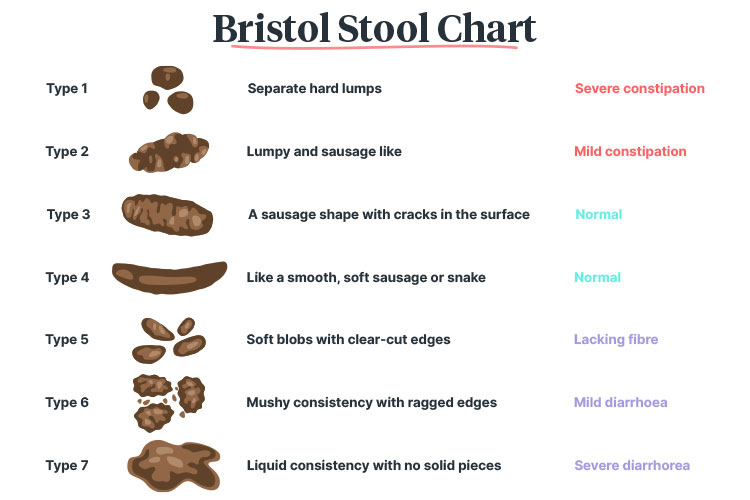Introduction
In today's world, where healthcare is advancing swiftly, the relevance of specialized training in complex bowel care can not be overstated. People coping with stomas or various other bowel-related conditions often need customized support and management techniques. The advent of programs like NDIS complex bowel care training has actually confirmed critical in equipping caregivers with the skills they require to supply efficient treatment. This post will look into various facets of complex bowel care, stressing how targeted training boosts self-confidence and competence amongst caregivers.
What Is Complex Digestive tract Care?
Complex digestive tract care includes a variety of techniques targeted at handling conditions that impact the digestive tract. This includes caring for individuals with stomas, making certain correct health, and carrying out nutritional changes. Comprehending the intricacies of bowel care management is crucial for those that offer support to people with intricate needs.
Why Is Specialized Training Necessary?
Providing suitable treatment calls for an extensive understanding of medical conditions, treatments, and psychological assistance techniques. Specialized training prepares caretakers to take care of emergencies, manage problems efficiently, and ensure that clients receive the best possible high quality of life.
Understanding Stomas: What Is a Stoma?
A stoma is a surgically developed opening on the abdominal area that allows waste to leave the body when regular digestive tract feature is compromised. It can result from numerous medical conditions such as cancer cells, inflammatory bowel disease (IBD), or distressing injury.
What Is an Ostomy?
An ostomy describes the surgical procedure that produces a stoma. Ostomies are frequently classified into three types:
- Colostomy: Includes diverting component of the colon to an exterior pouch. Ileostomy: Involves drawing away the ileum (the tail end of the little intestinal tract). Urostomy: Helps with pee water drainage when bladder function is impaired.
The Value of Stoma Care Training for Carers
Effective stoma care training gears up caregivers with expertise regarding keeping sanitation, preventing skin inflammation, and acknowledging signs of infection or complications.
Key Facets Covered in Stoma Care Training
Hygiene Practices- Proper cleansing techniques Preventive steps for skin health
- Selecting the appropriate pouching system Changing bags without discomfort
- Dietary factors to consider post-surgery Managing gas and odor concerns
- Understanding person anxiety Facilitating open communication
Exploring Complex Bowel Care Courses
A structured course on complex bowel care covers both theoretical knowledge and practical abilities essential for efficient caregiving.
Components of a Comprehensive Complex Bowel Care Course
- Understanding intestinal anatomy Recognizing signs and symptoms of complications Practical demos on bag changes Role-playing circumstances for enhancing communication skills
NDIS Complex Bowel Care Training Overview
The National Disability Insurance coverage System (NDIS) offers financing for people needing recurring assistance due to specials needs, including those related to intricate bowel needs.

Benefits of NDIS Financing for Digestive Tract Care Training
- Financial assistance for caregivers looking for expert development. Access to certified programs customized to details needs. Enhanced understanding results in enhanced client outcomes.
Building Confidence in Complex Bowel Care With Targeted Training
Confidence in caregiving comes from Click here for more info detailed education and useful experience. By joining targeted training programs like those provided with NDIS, caretakers can improve their abilities significantly.
How Does Targeted Educating Enhance Confidence?
Knowledge Acquisition- Understanding clinical terminologies related to bowels help communication with health care providers.
- Hands-on experience increases self-assurance when doing jobs such as altering ostomy bags.
- Learning how to take care of stress and anxiety during emergencies enhances psychological resilience.
Bowel Care Monitoring Techniques
Effective administration includes not just technical abilities but likewise recurring examination and modification based upon private client needs.
Key Methods Made use of in Digestive Tract Care Management
Regular evaluations of stoma condition. Dietary adjustments based upon individual tolerance. Collaborating with healthcare specialists for holistic approaches.Challenges Encountered by Caregivers in Complicated Digestive Tract Care
Caring for people with complicated bowel requires presents unique obstacles that need careful navigation.

Common Difficulties Encountered by Carers
- Emotional stress and anxiety because of person dependency Difficulty accessing appropriate sources or information Navigating insurance or funding complexities
FAQs
1. What is ostomy care?
Ostomy care involves handling an ostomy site by guaranteeing tidiness, preventing skin inflammation, and keeping an eye on health modifications connected with it.
2. Why is bowel treatment important?
Proper digestive tract care is important for keeping hygiene, avoiding infections, and making certain comfort for people dealing with conditions influencing their bowels.
3. Just how can I come to be certified in complex bowel care?
You can enroll in recognized training courses focusing on facility bowel management through establishments identified by NDIS or relevant health care authorities.
4. What need to I include in my stoma care toolkit?
Your toolkit should contain adhesive removers, safety creams, pouches compatible with your patient's stoma type, disposal bags, and instructional materials.
5. Exactly how do I address diet regimen concerns after ostomy surgery?
Consultation with a dietitian focused on ostomy nourishment can assist tailor nutritional plans that match individual choices while addressing digestive system modifications post-surgery.
6. Can I get monetary support for going to digestive tract care courses?
Yes! If you are qualified under NDIS or various other governmental programs, you might get economic assistance covering program charges associated with complex bowel care training.
Conclusion
Building self-confidence in complex bowel care through targeted training is a necessary step in the direction of improving the quality of life for those requiring specialized support because of their problems. With versatile education concentrated on sensible skills, psychological intelligence, and continuous analysis techniques-- a caregiver becomes better geared up not just technically yet likewise psychologically prepared to encounter obstacles head-on while supplying caring support to their patients.
This write-up acts as an extensive guide designed not only for prospective students exploring instructional opportunities yet likewise skilled caretakers looking for ways to fine-tune their existing methods within this important aspect of healthcare.